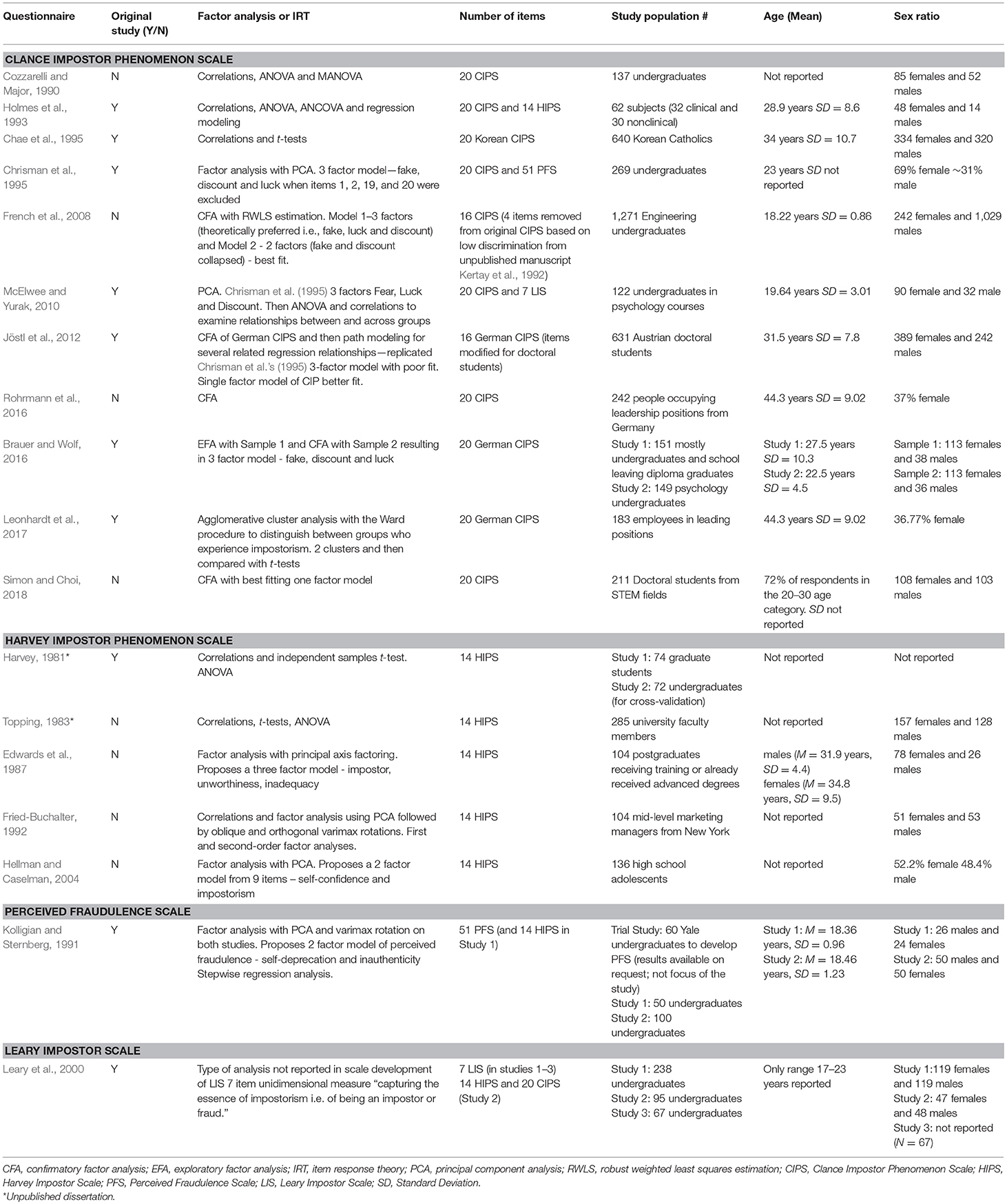Breaking Down Procrastination, Emotional Dependency, and Impostor Syndrome
Breaking Down Procrastination, Emotional Dependency, and Impostor Syndrome
Blog Article
Why do some individuals struggle with emotional dependency or impostor syndrome? Psychological research provides valuable explanations into these behaviors, helping us understand their roots and possible solutions.
Through this exploration, we will delve into the scientific foundations behind procrastination, emotional dependency, and o que é procrastinando impostor syndrome. By understanding the science behind these challenges, you can take actionable steps toward self-improvement.
The Neuroscience of Procrastination
Procrastination is not just laziness; it’s a complex psychological phenomenon. Studies in neuroscience show that conflict between brain regions often leads to procrastination.

The limbic system, responsible for emotional responses, tends to override the prefrontal cortex. This results in prioritizing short-term comfort over long-term goals. Cognitive behavioral therapy (CBT) can help rewire these patterns.
The Psychology of Emotional Dependency
Emotional dependency is deeply tied to attachment theory. According to research that early relationships with caregivers play a significant role in forming emotional patterns.
For example, people with insecure attachment styles may struggle to feel secure without constant validation. Breaking this cycle involves addressing these attachment wounds through therapeutic interventions.
The Cognitive Science of Impostor Syndrome
Impostor syndrome stems from biased mental patterns, such as overgeneralization and perfectionism. Psychological research indicate that individuals with impostor syndrome exhibit thought patterns that undermine their confidence.

The constant fear of inadequacy and a reluctance to internalize achievements. Strategies like restructuring thought patterns and adopting self-compassion practices have proven effective.
Practical Solutions Backed by Science
Understanding the science is the first step, but implementing evidence-based solutions is critical. Here are some proven methods:
- Procrastination: Use implementation intentions—specific plans that link a goal to a cue, such as “If it’s 9 AM, I will start writing my report.”
- Emotional Dependency: Practice self-differentiation, a technique where you focus on identifying your own needs separate from others’ expectations.
- Impostor Syndrome: Keep a success journal to document your accomplishments and review them regularly to challenge distorted self-perceptions.
These approaches are supported by empirical studies, making them effective pathways to improvement.
Conclusion: Science as a Guide to Personal Growth
These challenges can be managed effectively when you understand their scientific underpinnings. By addressing the brain’s tendencies, psychological patterns, and cognitive distortions, it’s possible to create lasting positive change.
Awareness is the key to growth. Begin today by using the research-backed techniques shared in this article to build resilience and confidence.
Report this page